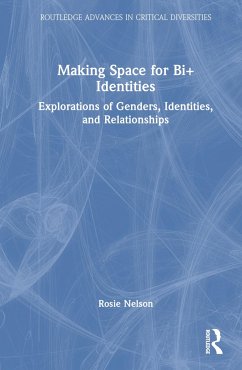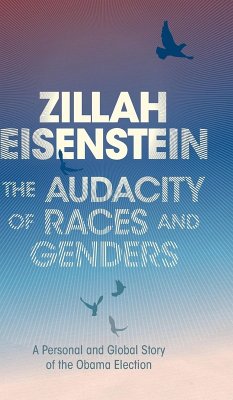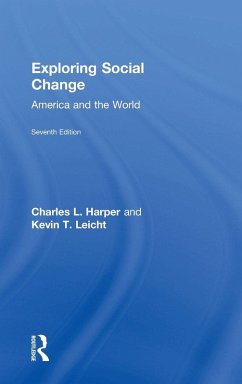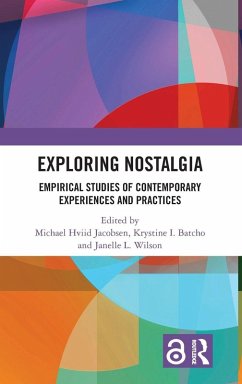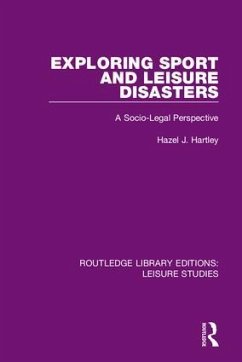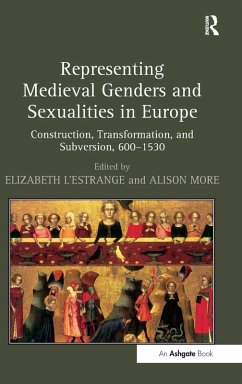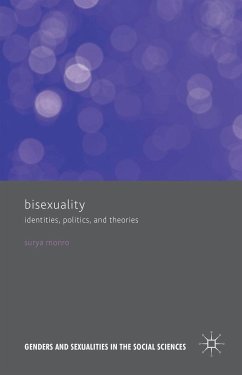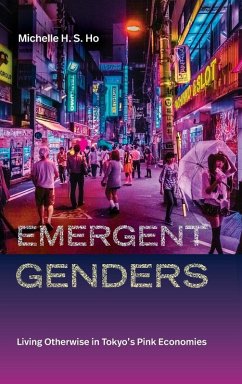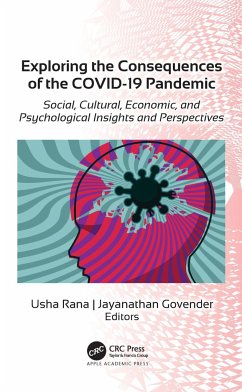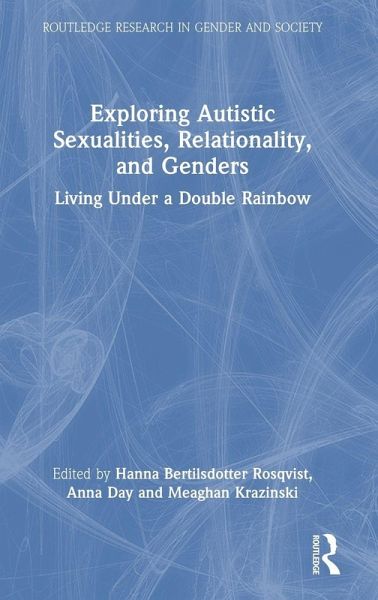
Gebundenes Buch
Exploring Autistic Sexualities, Relationality, and Genders
Living Under a Double Rainbow
Herausgeber: Bertilsdotter Rosqvist, Hanna; Krazinski, Meaghan; Day, Anna
Versandkostenfrei!
Versandfertig in 1-2 Wochen

PAYBACK Punkte
94 °P sammeln!




This edited collection of contributions explores non-normative genders, sexualities and relationality among Autistic people.
Hanna Bertilsdotter Rosqvist is a sociologist and a Professor in Social Work at Södertörn University, Sweden. Her research focuses on research methods and theory development within Neurodiversity Studies. She has published several papers on the theme of gender and sexuality, among Autistic people as well as among non-autistic people. She has edited several books, among them Neurodiversity Studies: A New Critical Paradigm (edited by Hanna Bertilsdotter Rosqvist, Nick Chown, and Anna Stenning, 2020). Anna Day is a neurodivergent principal clinical psychologist and parent to an Autistic young person. Anna has extensive clinical experience in the United Kingdom's National Health Service (NHS) in a community mental health team and specialist psychological therapies service, and now works for The Adult Autism Practice, Dublin, within a neuro-affirmative approach with adults seeking Autism identification. They have a particular interest in gender, sex, and relationship diversity issues and neuroqueering. Anna and colleagues have published the successful Adult Autism Assessment Handbook: A Neurodiversity Affirming Approach (2021) and are working on The Neurodiversity Affirmative Child Autism Assessment Handbook. Meaghan Krazinski is a neurodivergent PhD candidate in Inclusive Special Education at Syracuse University, United States. Her research interests include neurodiversity; neurodivergent college student experiences; inclusive education; Autistic identity, gender, and relationality; and arts-based research methods. She has published work on Autistic understandings of gender, race, and identity in Hypatia: A Journal of Feminist Philosophy, and an analysis of Disabled students' experiences with online learning using a queer phenomenological method, as well as a forthcoming co-authored work on neuroqueering, education, and culturally sustaining practices.
Produktdetails
- Verlag: Routledge
- Seitenzahl: 254
- Erscheinungstermin: 26. September 2024
- Englisch
- Abmessung: 240mm x 161mm x 18mm
- Gewicht: 549g
- ISBN-13: 9781032576121
- ISBN-10: 103257612X
- Artikelnr.: 70439370
Herstellerkennzeichnung
Libri GmbH
Europaallee 1
36244 Bad Hersfeld
gpsr@libri.de
Für dieses Produkt wurde noch keine Bewertung abgegeben. Wir würden uns sehr freuen, wenn du die erste Bewertung schreibst!
Eine Bewertung schreiben
Eine Bewertung schreiben
Andere Kunden interessierten sich für




